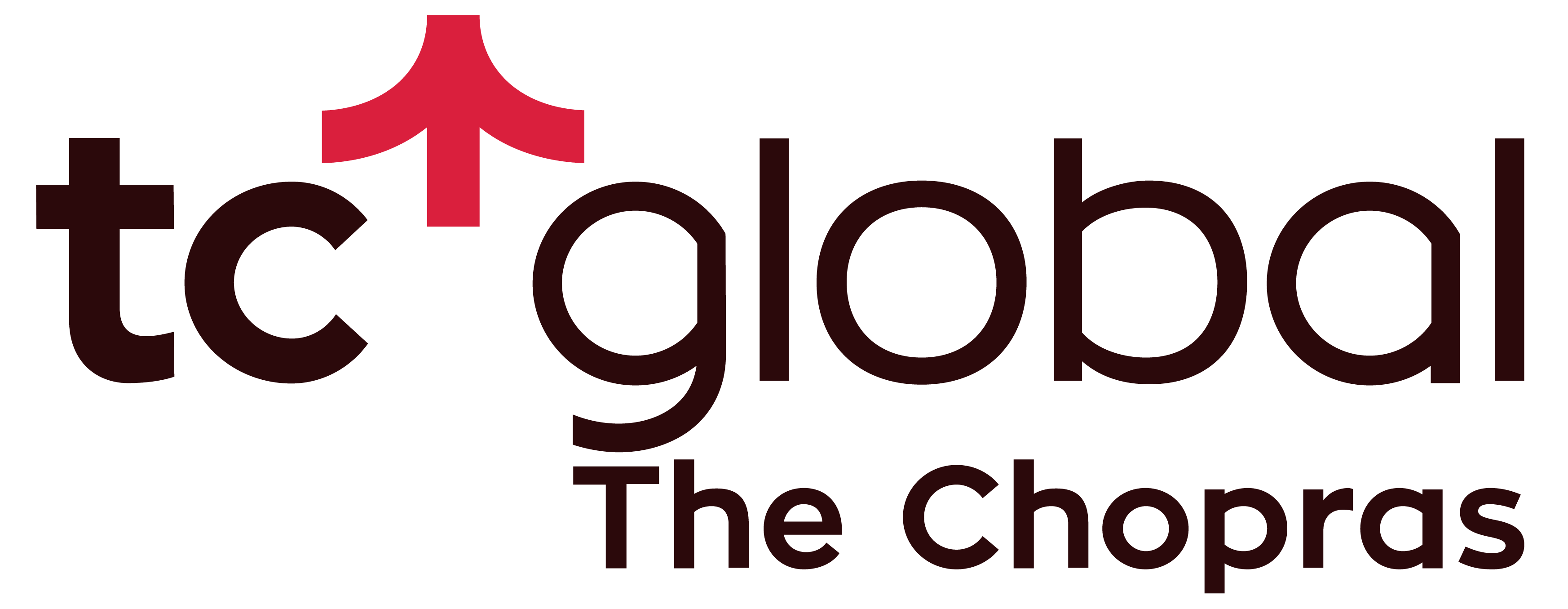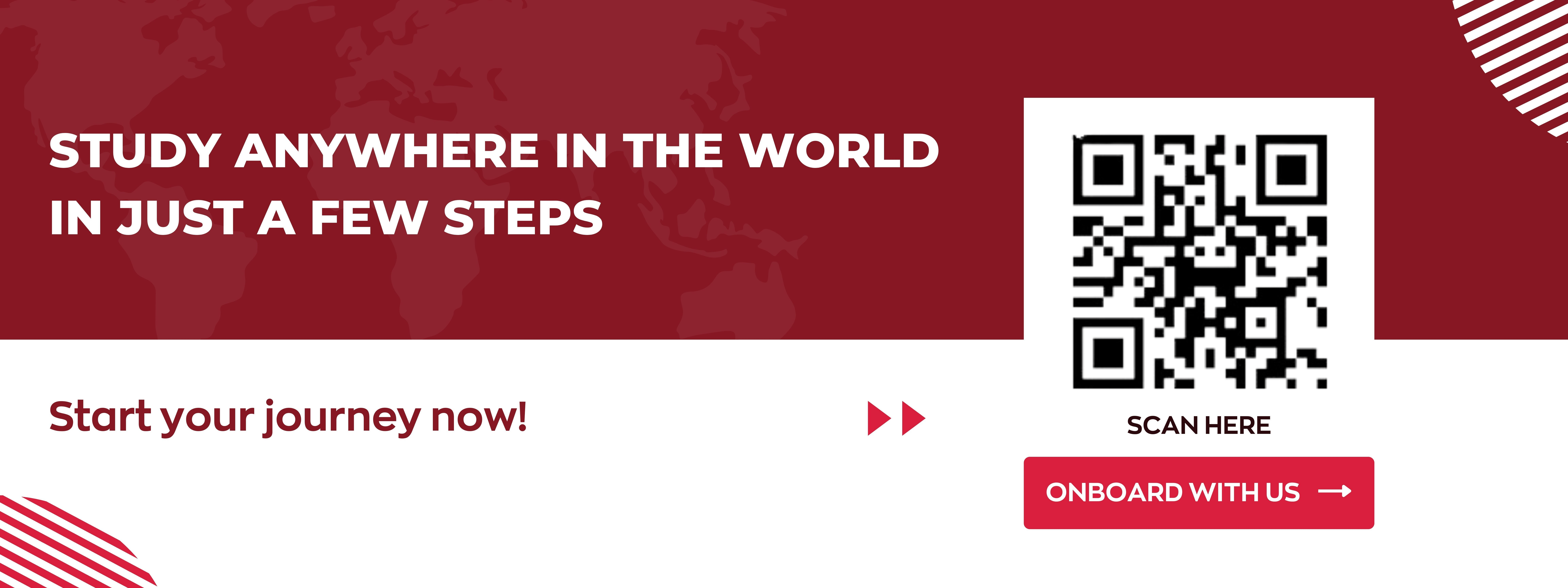Towards the south of Ireland, there lies Cork – another typical Irish town and more commonly known as “the real capital” of Ireland. This “Rebel City” is a mix of old-world and modern charm and full of cultural activities.
Although it has fewer educational institutions than Dublin, it feels much more like a student town because of its relatively smaller size.
Universities in Cork:
Ireland has been called the “Emerald City”. It has breath-taking surroundings waiting to be explored!
Bringing the best of both worlds, Ireland has a myriad of fun activities involving historical exploration and modern-day pubs. Here, we’ve put together a list of things for you to do as a student in Ireland!
Travelling in and around Ireland has become a swift process and even a cheap one (if you’re a student!).
The Irish Rail is a hassle-free way of commute between many major towns. All other major cities like Dublin have established bus systems of their own. You may even think about renting a car!
The Student Leap Card is used widely by students in Ireland and can help you avail discounts on Irish Rail, Dublin Bus and other retail outlets. It can be purchased from your campus or applied at the low price of just € 12.
Ireland is also close to rest of Europe, so pick a weekend and take a short flight or ferry to other European cities you may like to explore!
While an investment in global higher education is worth its while, it can still be financially pressing. Ireland understands this concern and has several provisions to help students take up part-time employment to support themselves while they pursue their studies.
Some common types of part-time and casual jobs for students in Ireland are: customer staff in restaurants and cafes, call centre employees, staff in events and retail, tutoring, etc.
- Requirements for doing part-time/casual work as a student
- Enrolled for full-time study for a duration of one year (with a qualification that is recognized by the Irish Department of Education).
- Registered with GNIB
- Attending a full-time programme of education at or above NFQ Level 7
- Pursuing a minimum of 15 hours day time study; getting tuition, between 8am and 6pm per week for a minimum of 25 weeks per annum
International students who meet these requirements then need to obtain an PPS number (Personal Public Services Number). Organizations and employers only compensate those who have this number, usually to an Irish back account.
- Minimum wage and working hours
The minimum wage in Ireland is €9.15 per hour. Usually, individuals are taken on for a trial period before being hired permanently.
Working hours:
40 hours per week only during the months of June, July, August and September and from 15th December to 15th January inclusive.
At all other times, students may work up to 20 hours in one week during the duration of studies.
Getting hands-on experience is important for an all-rounded education. Ireland allows international students to take up internships during the course of their study, subject to the following rules:
- The duration of the internship program cannot exceed 50% of the duration of the study program.
- The internship cannot be a self-employed setting.
- The work placement should be an integral part of the overall educational program
- And the educational institute should ensure that the work placement accurately compliments the study program being pursued.
Third Level Graduate Scheme
This scheme allows international students to stay in Ireland for 24 months after finishing their studies to seek employment or apply for a green card/work permit.
After your results have been issued you may apply for this scheme to the GNIB. You must provide:
- A document/letter from your university that confirms you have graduated
- A valid passport
- Have a GNIB card
- Pay €300
Detailed requirements for qualification to this scheme can be found here.
The Department of Jobs, Enterprise and Innovation in Ireland grants permission to obtain a work permit as a student there. Check their website here for detailed instructions.
We hope this article has helped you make a better decision regarding Ireland as a choice for higher global education.








